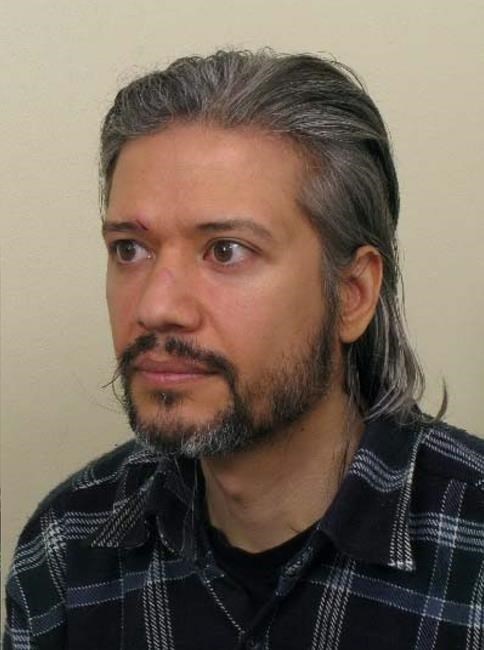NEW WESTMINSTER, B.C. — Crown attorneys have described a series of links they say connect British Columbia teenager Amanda Todd and the Dutch man accused of harassing and extorting her in B.C. Supreme Court on Thursday.
They include a phone number, a passport photo, and a video file with the name "AmandaTodd.wmv" that a Dutch police expert said was played on a device seized from the home of Aydin Coban in 2014.
Heather Guinn took the jury through Facebook records and testimony from a digital expert heard earlier in the trial, which she said showed linkages between numerous online aliases used to harass Todd, in some cases with the same device.
Coban has pleaded not guilty to extortion, harassment, communication with a young person to commit a sexual offence and possessing child pornography.
One of the Facebook accounts used to harass Todd, which was linked to several others, was registered with a mobile phone number, Guinn said.
It was the same phone number that two women had earlier testified they received in May 2011 while communicating with a man about renting an apartment in Rotterdam.
Both women testified that they met the man at the apartment and later received a passport photo depicting him, she said.
Police found a copy of the same photo while searching Coban's home, she said.
Guinn displayed the photos on screens in the courtroom, which appeared to show Coban.
Another Crown attorney, Marcel Daigle, told the jury about the video file "AmandaTodd.wmv".
He cited earlier expert testimony from a digital investigator with Dutch national police who said the video had been played one day in late December 2010 on a device seized from Coban's home.
The date corresponded with a time when Todd was being actively harassed and extorted online, he said, a little less than two years before her death at age 15.
The Crown doesn't know what the video depicted because it had been deleted by the time Coban was arrested, Daigle said. But the Dutch expert said it had not been streamed online, and instead had been played from a file that existed on the device.
Multiple devices found in Coban's home had software described as an "anti-forensics" program used to delete files so they can't be restored, Daigle said.
The jury has seen evidence throughout the eight-week trial showing Todd's harasser repeatedly demanded that she perform sexual "shows" on a web camera, or sexualized images of the teen would be sent to her family and classmates.
The harasser followed through on that threat, sending links to a pornography website depicting Todd to her family and classmates, the trial has heard.
At the start of the trial, Crown prosecutor Louise Kenworthy told the jury that Todd had been the victim of a persistent campaign of online "sextortion" over three years before her death in October 2012, starting in November 2009.
The Crown also focused Thursday on proving that 22 different accounts used to harass Todd across several online platforms were operated by the same person.
Daigle highlighted similarities in language and phrasing, along with references to previous threats sent by different aliases, saying there was "overwhelming" cohesion.
The Crown is set to expand further on alleged linkages to Coban on Friday.
Daigle showed the jury evidence that a photo of Todd exposing her breasts was used as a Facebook profile picture by one of the accounts used to harass her.
He recalled expert testimony from a digital forensic specialist with Vancouver police, who had said the only way to display a profile picture on Facebook was to upload the image, meaning it had to have been stored on a digital device.
"If you accept my submission that there was one sextortionist, then this is evidence, this one photo, this is sufficient evidence … to conclude that the sextortionist had child pornography in their possession," Daigle told the jury.
More than one of the accounts used to harass Todd displayed images of the teen as their profile picture, he said, and evidence showed the images were created by capturing screen shots of a video that showed her exposing her breasts.
Daigle told the jury it did not matter who originally created the videos and images depicting Todd in a sexual manner. What mattered, he said, was that the harasser possessed and distributed the content, knowing it was child pornography.
Earlier this week, the jury was shown a Facebook post by Todd in which she expressed fear that the person harassing her would continue for the rest of her life.
Todd urged people to block one of the harasser's accounts, saying a "sick pedophile" was blackmailing her, Crown attorney Kristen LeNoble said Wednesday.
This report by The Canadian Press was first published July 28, 2022.
Brenna Owen, The Canadian Press



